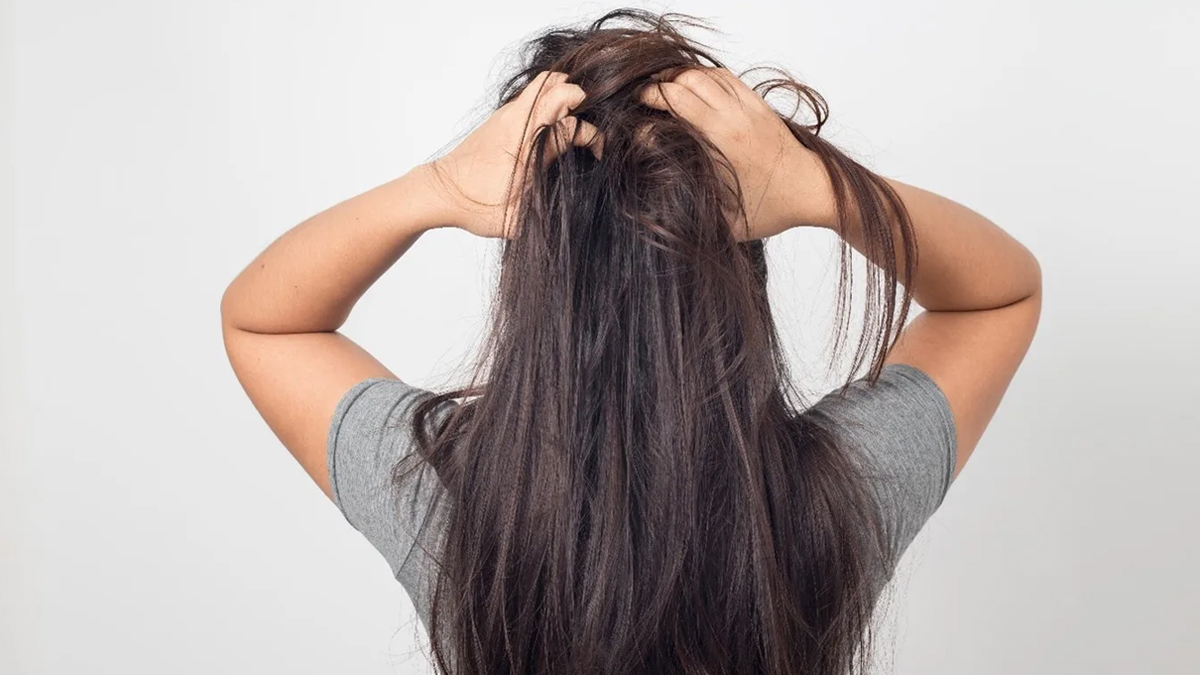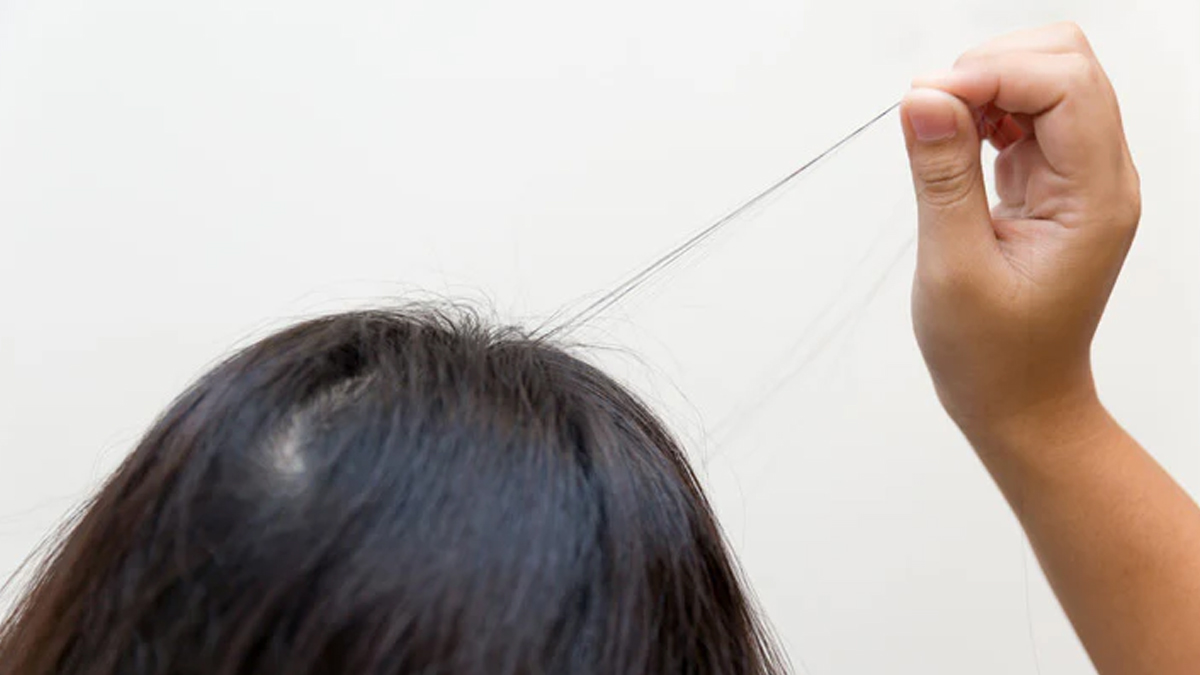
Actress Olivia Munn has spoken publicly about her own struggle with trichotillomania, a rare psychiatric disorder. She was on the most recent episode of the Armchair Expert podcast, which was recently released on 30 June and revealed the details. Trichotillomania is a condition in which an individual experiences repeated, compelling urges to pull out their own hair, typically resulting in observable hair loss. Munn's sincere disclosure sheds some light on a disorder that is widely stigmatised and not often talked about, dispelling some of the stigma concerning mental illness.
Table of Content:-
Olivia Munn on Her Rare Mental Health Condition ![Olivia Munn Trichotillomania 1 - 2025-07-01T114519.168]()
On the podcast, Olivia Munn shared that she has been struggling with trichotillomania for years. She explained that her hair-pulling focuses on her eyelashes and that the condition began after reading negative comments about herself in paparazzi photos during her relationship with Chris Pine in 2009. “There’s a sensation. It’s probably not even real, but I’ll feel like, ‘Oh, this eyelash feels like it’s gonna come out,’ even though it’s not,” Munn said. “And they were like, ‘I think she set this up. Who’s carrying a clutch during the day?’ That began my trichotillomania.” Her story highlights how emotional triggers, such as stress or criticism, can set off compulsive hair-pulling episodes.
What Is Trichotillomania?![Trichotillomania 2 - 2025-07-01T114521.857]()
Dr Oshin Agrawal, Consultant Dermatologist, Fortis Noida, explains, “Trichotillomania is a psychological condition characterised by recurrent and irresistible urges to pull out hair, often resulting in noticeable hair loss.” The expert further adds that the hair pulling can happen on any part of the body, but the scalp, eyebrows, and eyelashes are most common.
“People with trichotillomania often feel ashamed or embarrassed about their hair pulling and may avoid social situations or activities that require them to expose their hair.” She also notes that physical discomfort, such as headaches or skin irritation, can result from repeated hair pulling.
How Is Trichotillomania Treated?
Treatment for trichotillomania usually involves a mix of medication and therapy. Dr Agarwal shares, “Medications such as selective serotonin reuptake inhibitors (SSRIs) can help regulate neurotransmitter imbalances and reduce the urge to pull hair.” Psychotherapy, especially cognitive-behavioural therapy (CBT), helps people identify and change the thoughts and behaviours that lead to hair pulling.
“Other therapies, such as habit reversal training (HRT), can teach individuals new ways to cope with the urge to pull hair, such as using a stress ball or engaging in alternative activities,” Dr. Agrawal explains. A study published in the journal BMC Psychiatry found that trichotillomania often starts in childhood or adolescence and can last for many years. The study highlights that a combination of behavioural therapy and medication is usually most effective. However, many people with trichotillomania do not seek help due to shame or lack of awareness.
Living With Trichotillomania![Trichotillomania treatment 3 - 2025-07-01T114520.432]()
Trichotillomania has the potential to lead to emotional distress and also influence one's self-esteem and everyday life. People are so secretive about their symptoms that it becomes an even more difficult condition to deal with. Olivia Munn's candid talk about her experience raises awareness and makes people go for help. Friends, relatives, and mental health professionals play a very important role in recovery.
Conclusion
Olivia Munn's account is spotlighting trichotillomania, a rare but severe mental illness. With the right treatment and care, individuals with trichotillomania are able to control their symptoms and lead better lives. Talking honestly about mental illness is the first step toward dismantling stigma and making others feel less isolated.
Also watch this video
Read Next
National Doctors’ Day 2025: Theme, History, Significance and Why In India It Is Celebrated On July 1
How we keep this article up to date:
We work with experts and keep a close eye on the latest in health and wellness. Whenever there is a new research or helpful information, we update our articles with accurate and useful advice.
Current Version


